The Hasnuhana Plant, also known by its scientific name Brassica nigra or Brassica juncea (depending on the variety), is a member of the mustard family and is widely grown across South Asia, particularly in Bangladesh, India, and parts of Pakistan. It is known for its delicate, leafy greens and small, yellow flowers, and plays a significant role in both culinary and traditional medicinal practices.
Hasnuhana leaves are soft, tender, and slightly peppery in taste, making them a popular ingredient in local dishes, often cooked as a green vegetable or used in soups and curries. The plant is rich in vitamins A and C, iron, and calcium, making it a nutritious addition to any diet.
In traditional medicine, Hasnuhana is believed to help with digestion, boost immunity, and promote respiratory health. The seeds of some varieties are also used to produce mustard oil, which is valued for both its cooking qualities and therapeutic properties.
Hasnuhana grows best in cool, moist climates and is typically harvested during the winter season. It is easy to cultivate and is often grown in home gardens as well as in larger agricultural fields.
Overall, the Hasnuhana plant is cherished not only for its flavor and nutritional value but also for its deep roots in cultural and folk traditions.

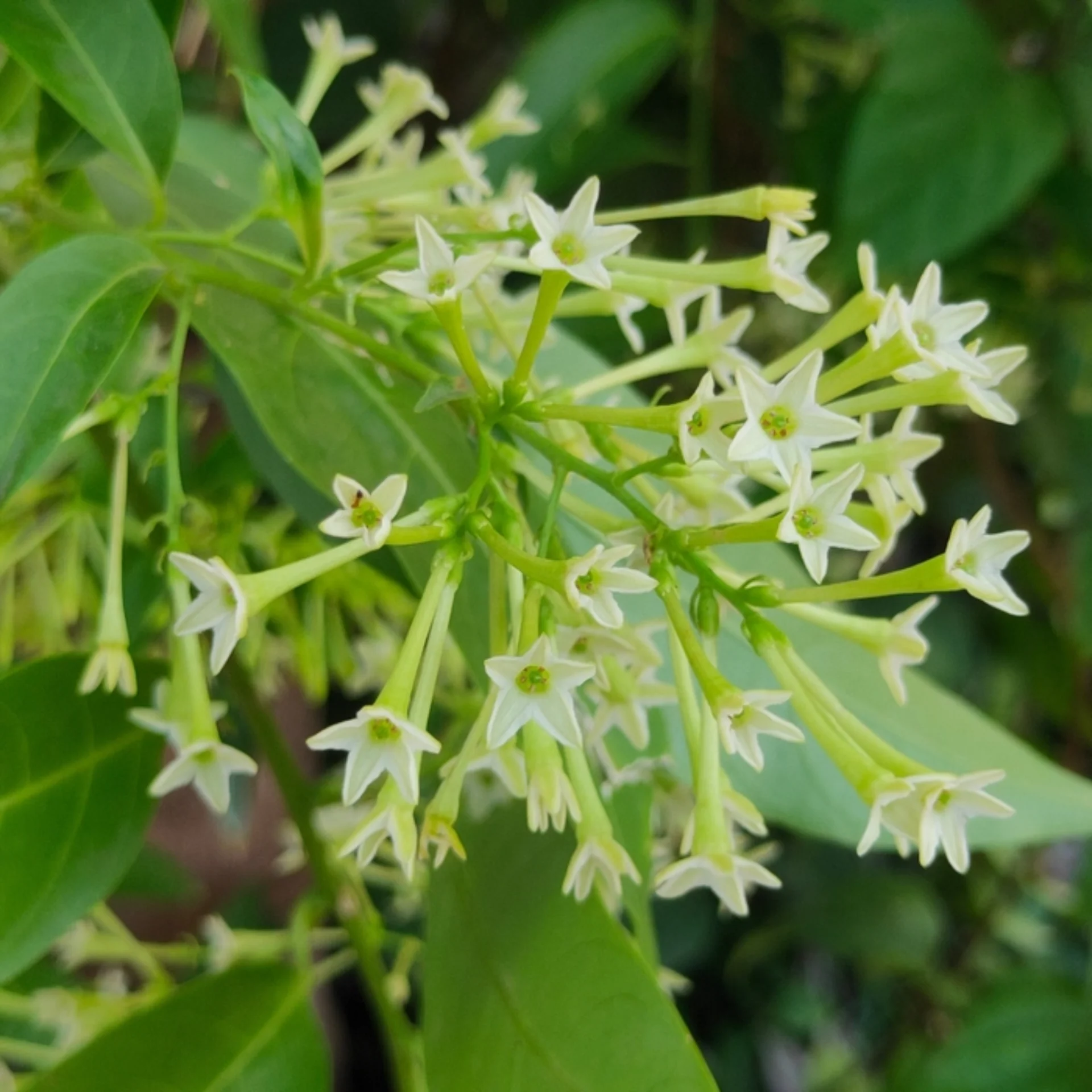
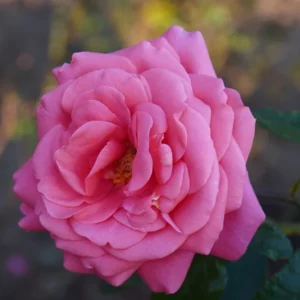
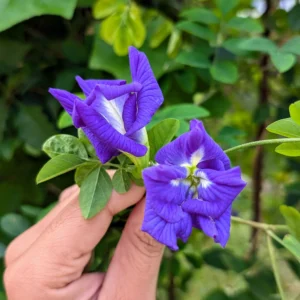
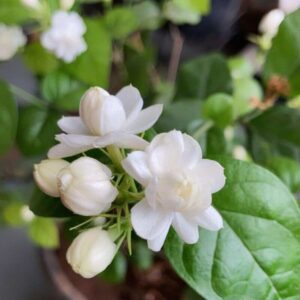
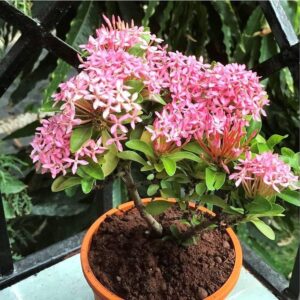
Reviews
There are no reviews yet.